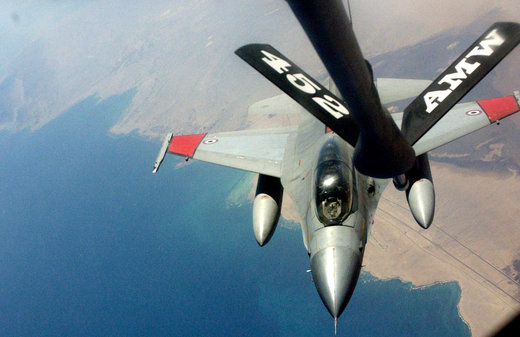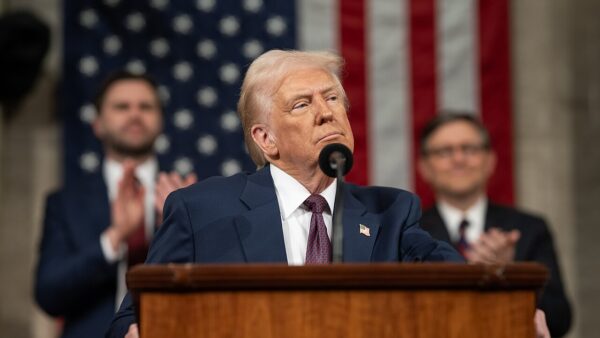2 April 2014
Egypt has been preoccupied with internal peace since the revolution of 2011 but, if stability comes, the possibility of a ‘water war’ with Ethiopia increases, expert warns
The possibility of a violent escalation in the conflict between Egypt and Ethiopia over the Grand Renaissance Dam will depend on what happens in Egypt’s presidential elections.
John Mbaku, a senior fellow at the Brookings Institution, told GCR that if the elections create a situation where the Muslim Brotherhood is still a force, then Egypt will continue to be preoccupied with its internal problems.
But if the election leads to a clear mandate for the army-backed secular administration, then the new government can start to “concentrate on water” in a way it has been unable to since the revolution of 2011.
Another possible driver for war is the Egyptian government’s need to pre-empt popular unrest.
“The next president of Egypt is going to have a lot of problems because the Egyptian economy is no longer able to provide enough jobs for restless youths living in the urban areas,” Mbaku said. “If the government can’t solve that problem it may have to find some way to distract people.”
Ethiopia’s $4.7bn Grand Renaissance dam project will be the largest hydroelectric scheme in Africa when completed in 2017. The 170m-high dam will produce 6,000MW of electricity, enough to supply the whole country.
Egypt opposes the dam on the grounds that it will hamper the flow of its lifeline, the Nile. The possibility of a resort to force has long been a part of Egyptian military planning. Former president Hosni Mubarak is understood to have developed plans for an air strike on any dam that Ethiopia built on the Nile, and in 2010 the Egyptian air force established a base in south-eastern Sudan as a staging point for such an operation.
In June last year, former Egyptian president Mohamed Morsi said he did not want war, but would keep “all options open” to protect Egypt’s water supply. Later that month, Egyptian politicians were overheard on live TV proposing military action over the dam.
“The Ethiopians have been lucky”
Addis Ababa has claimed that the dam is now 30% complete. The success of Ethiopia in reaching this advanced stage has been partly the result of Egypt’s political paralysis since the beginning of 2011.
Mbaku said: “The Ethiopians have been lucky with their dam. Had it not been for the internal political problems that Egypt has had since 2011, it would have been a lot more difficult for the project to move ahead. In a way, the tension has not risen as fast as it should.”

The Egyptian air force has the greatest number of F-16 fighters in the Middle East (USAF/Amy Abbott; Wikimedia Commons)
Up until now, Egypt has been a reluctant participant in bilateral talks with Ethiopia, and multilateral talks with the other eight members of the Nile Basin Initiative. However, Mbaku said its main strategy has been to isolate Ethiopia diplomatically and to work behind the scenes to deny international finance to the dam.
Ethiopia has had to finance most of the $4.7bn cost of the project itself, and has even urged its citizens to buy shares in bonds, which has raised about 26% of the project cost.
The Ethiopians claim that this underlines the project’s status as one of national renewal, however it also reflects the high degree of political risk attached to it.
The threat of armed conflict
Egypt sees the dam as a threat to its national survival, and Ethiopia sees it as a symbol of national pride and an essential element in its future development. As a result, there is little room for either side to compromise.
Mbaku said: “If you are an Egyptian, you really feel pushed to the wall, because the Ethiopians supply 86% of the water that flows into Egypt. If the Ethiopians cut off the water, the Nile would virtually dry up, and unless there was a new technology for finding water, the Egyptians would have no way of providing it from themselves.
“Mubarak, Sadat and some Ethiopian officials have mentioned going to war in the past, but it’s not clear if they were serious or whether it was political posturing. But we have to understand that water is more important to the Egyptians than anything else.”
He added that the US, which is an ally of both sides in the conflict, has been distracted by its own internal troubles and the international crisis in the Ukraine, and has not been able to give the growing tension over the dam its full attention.










